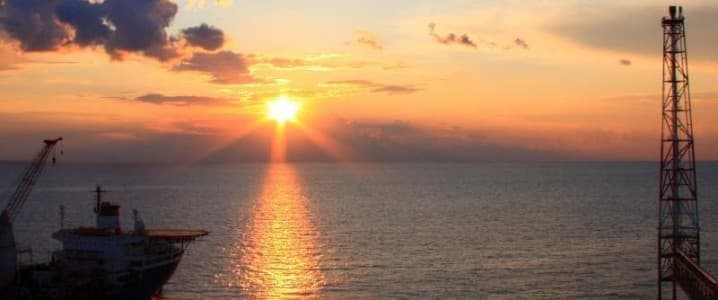Oil & Gas
WAVE OF NEW LNG SUPPLY FUELS GLUT FEARS.
JUMA SULEIMAN

A significant surge in liquefied natural gas (LNG) supply is set to reshape global energy markets, with the United States and Qatar spearheading the expansion. Both nations, already the world’s largest LNG exporters, are ramping up their capacities to meet growing global demand. Qatar plans to boost its export capacity by an impressive 85% by 2030 through its North Field expansion project, while the U.S. is rapidly increasing its export infrastructure, including the Plaquemines LNG and Corpus Christi Stage 3 projects. These developments are poised to create a substantial increase in global LNG supply by the latter half of the 2020s.
However, this expansion has raised concerns about a potential oversupply in global LNG markets. Analysts predict that the tight markets seen in the early 2020s may shift to a glut by 2027 or 2028. Still, uncertainties remain regarding medium-term demand. If energy needs in Asia and Europe continue to grow, alongside increased demand from sectors such as data centers, the feared oversupply might dissipate faster than expected. Price-sensitive markets in Asia and Europe could play a key role in balancing the scales, particularly as Europe seeks alternatives to Russian gas.
The geopolitical landscape will also influence the LNG trade, with the U.S. leveraging its growing capacity for strategic gains. The incoming U.S. administration’s focus on deregulation and energy exports could accelerate LNG project approvals, potentially doubling North America’s export capacity by 2028. Meanwhile, Qatar is solidifying its market presence through long-tGTJ[erm agreements with key Asian and European buyers, securing its position as a dominant player in the LNG sector.
Despite fears of a glut, some experts believe that the rising demand, coupled with macroeconomic improvements and new energy applications, could stabilize the market. Energy analyst Saul Kavonic suggests that strengthening demand, especially from Asia, could absorb the excess supply, mitigating its impact on global prices. As LNG supply continues to grow, the interplay between market fundamentals and geopolitical dynamics will be crucial in determining the sector's trajectory over the next decade.
